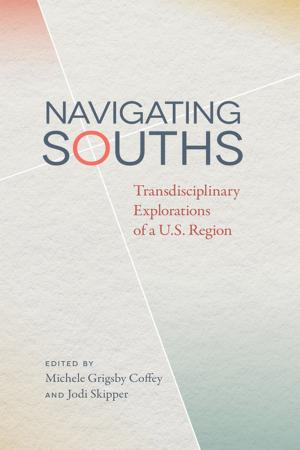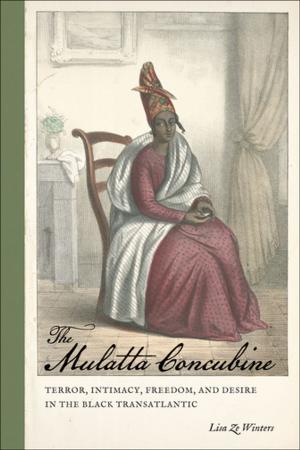Oil Sparks in the Amazon
Local Conflicts, Indigenous Populations, and Natural Resources
Nonfiction, Social & Cultural Studies, Political Science, International, International Relations, Business & Finance, Industries & Professions, Industries, Social Science, Cultural Studies| Author: | Scott Jones, William Keller, Patricia I. Vásquez | ISBN: | 9780820346380 |
| Publisher: | University of Georgia Press | Publication: | February 1, 2014 |
| Imprint: | University of Georgia Press | Language: | English |
| Author: | Scott Jones, William Keller, Patricia I. Vásquez |
| ISBN: | 9780820346380 |
| Publisher: | University of Georgia Press |
| Publication: | February 1, 2014 |
| Imprint: | University of Georgia Press |
| Language: | English |
For decades, studies of oil-related conflicts have focused on the effects of natural resource mismanagement, resulting in great economic booms and busts or violence as rebels fight ruling governments over their regions’ hydrocarbon resources. In Oil Sparks in the Amazon, Patricia I. Vasquez writes that while oil busts and civil wars are common, the tension over oil in the Amazon has played out differently, in a way inextricable from the region itself.
Oil disputes in the Amazon primarily involve local indigenous populations. These groups’ social and cultural identities differ from the rest of the population, and the diverse disputes over land, displacement, water contamination, jobs, and wealth distribution reflect those differences. Vasquez spent fifteen years traveling to the oilproducing regions of Latin America, conducting hundreds of interviews with the stakeholders in local conflicts. She analyzes fifty-five social and environmental clashes related to oil and gas extraction in the Andean countries (Peru, Ecuador, and Colombia). She also examines what triggers local hydrocarbons disputes and offers policy recommendations to resolve or prevent them.
Vasquez argues that each case should be analyzed with attention to its specific sociopolitical and economic context. She shows how the key to preventing disputes that lead to local conflicts is to address structural flaws (such as poor governance and inadequate legal systems) and nonstructural flaws (such as stakeholders’ attitudes and behavior) at the outset. Doing this will require more than strong political commitments to ensure the equitable distribution of oil and gas revenues. It will require attention to the local values and culture as well.
For decades, studies of oil-related conflicts have focused on the effects of natural resource mismanagement, resulting in great economic booms and busts or violence as rebels fight ruling governments over their regions’ hydrocarbon resources. In Oil Sparks in the Amazon, Patricia I. Vasquez writes that while oil busts and civil wars are common, the tension over oil in the Amazon has played out differently, in a way inextricable from the region itself.
Oil disputes in the Amazon primarily involve local indigenous populations. These groups’ social and cultural identities differ from the rest of the population, and the diverse disputes over land, displacement, water contamination, jobs, and wealth distribution reflect those differences. Vasquez spent fifteen years traveling to the oilproducing regions of Latin America, conducting hundreds of interviews with the stakeholders in local conflicts. She analyzes fifty-five social and environmental clashes related to oil and gas extraction in the Andean countries (Peru, Ecuador, and Colombia). She also examines what triggers local hydrocarbons disputes and offers policy recommendations to resolve or prevent them.
Vasquez argues that each case should be analyzed with attention to its specific sociopolitical and economic context. She shows how the key to preventing disputes that lead to local conflicts is to address structural flaws (such as poor governance and inadequate legal systems) and nonstructural flaws (such as stakeholders’ attitudes and behavior) at the outset. Doing this will require more than strong political commitments to ensure the equitable distribution of oil and gas revenues. It will require attention to the local values and culture as well.















